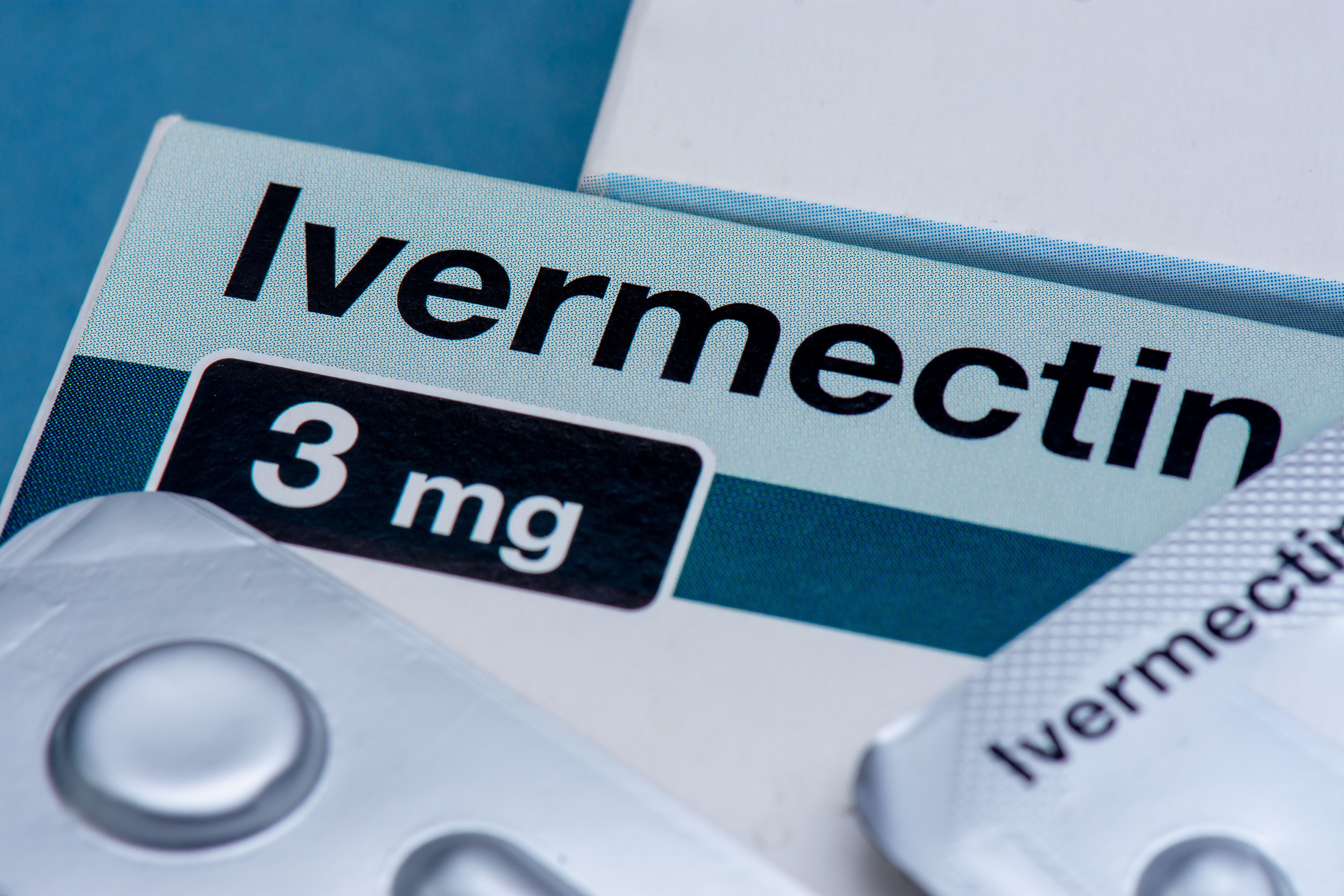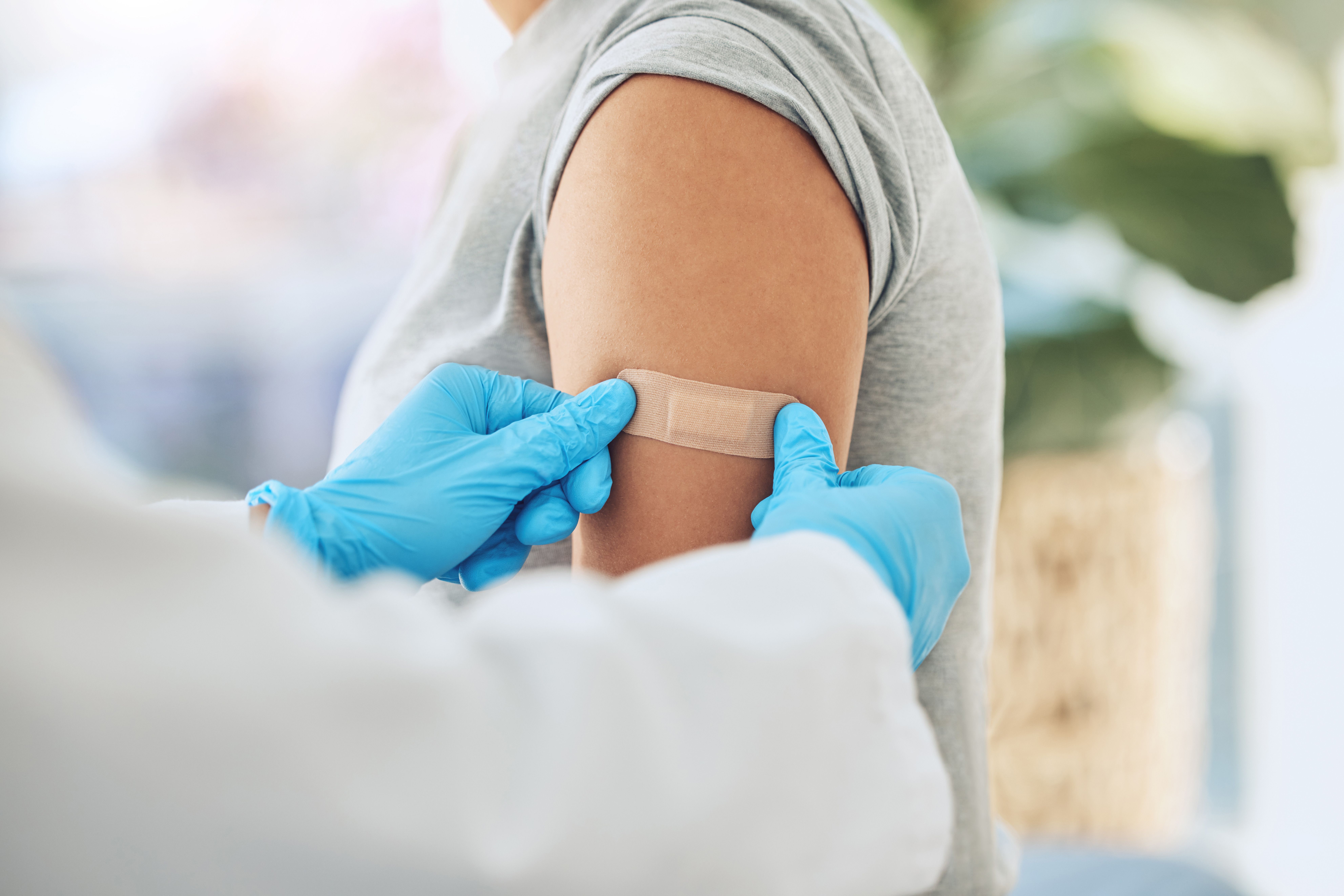Article
Pharmacist to Congress: Protect Diabetes Patients, Enact H.R. 1936
PRESS RELEASE
Alexandria, Va. - Sept. 11, 2012 Louisiana pharmacist Randy J. Mire, PharmD testified before Congress today that efforts to combat the diabetes epidemic in his home state and elsewhere would be significantly undermined if independent community pharmacies like his are forced to stop offering diabetes testing supplies as a result of Medicare's competitive bidding program for durable medical equipment (DME).
The Bayou State has among the highest diabetes rates in the nation, he noted, and his patients have complained that mail order deliveries lack adequate patient consultations and are unreliable—a fact driven home by the recent impact of Hurricane Isaac on his community. Mire appeared on behalf of the National Community Pharmacists Association (NCPA) before the U.S. House Small Business Subcommittee on Healthcare and Technology.
"My pharmacy is one of the very few pharmacies still in the area that provides these essential DME supplies to patients," testified Mire, owner of Gem Drugs, located in Reserve and Gramercy, La. "To me, these patients are more than just a prescription. I provide DME supplies in order to make certain that the beneficiaries have access to the supplies that they need. If I were to decide not to offer these DME supplies because the burden of offering such supplies has become too high and the cost too much, then these beneficiaries would have nowhere else to turn to receive the face-to-face consultations and quality supplies that I provide to them and that they deserve."
Mire urged lawmakers to support H.R. 1936, The Medicare Access to Diabetes Supplies Act. The bipartisan legislation would allow small pharmacies (defined as 10 locations or fewer) to continue to furnish patients with diabetes testing supplies and personalized counseling on their proper use, as competitive bidding is implemented. Independent pharmacies are often located in underserved rural or inner-city locations where there may be few, if any, other pharmacies or health care providers around.
"My patients turn to me and my pharmacies to provide them with the DME supplies that they desperately need when they have nowhere else to turn and their mail order supplier has failed them," Mire testified. He added, "My pharmacies, like all community pharmacies, play an essential role in improving health care outcomes while decreasing long-term health care costs."
A survey of more than 400 community pharmacists recently conducted by NCPA reinforces the concerns voiced by Mire. Key findings include:
- About 92 percent of independent community pharmacies would be forced to leave the Medicare diabetes test supply program if presented with a sharp reduction in payments.
- Over 50 percent of community pharmacies said that the average Medicare diabetes patient comes to their pharmacy at least three times per month for diabetes supplies and/or counseling.
- Eighty-three percent of community pharmacists said that the impact on patients if they had to obtain diabetes supplies from mail order would be significant.
- Forty-five percent of community pharmacies deliver diabetes testing supplies to assisted living facilities. (CMS' current competitive bidding proposal would prohibit these pharmacies from doing so.)
In addition to Mire's testimony (available in its entirety here), NCPA submitted written comments to the subcommittee (available here).
Newsletter
Stay informed on drug updates, treatment guidelines, and pharmacy practice trends—subscribe to Pharmacy Times for weekly clinical insights.





